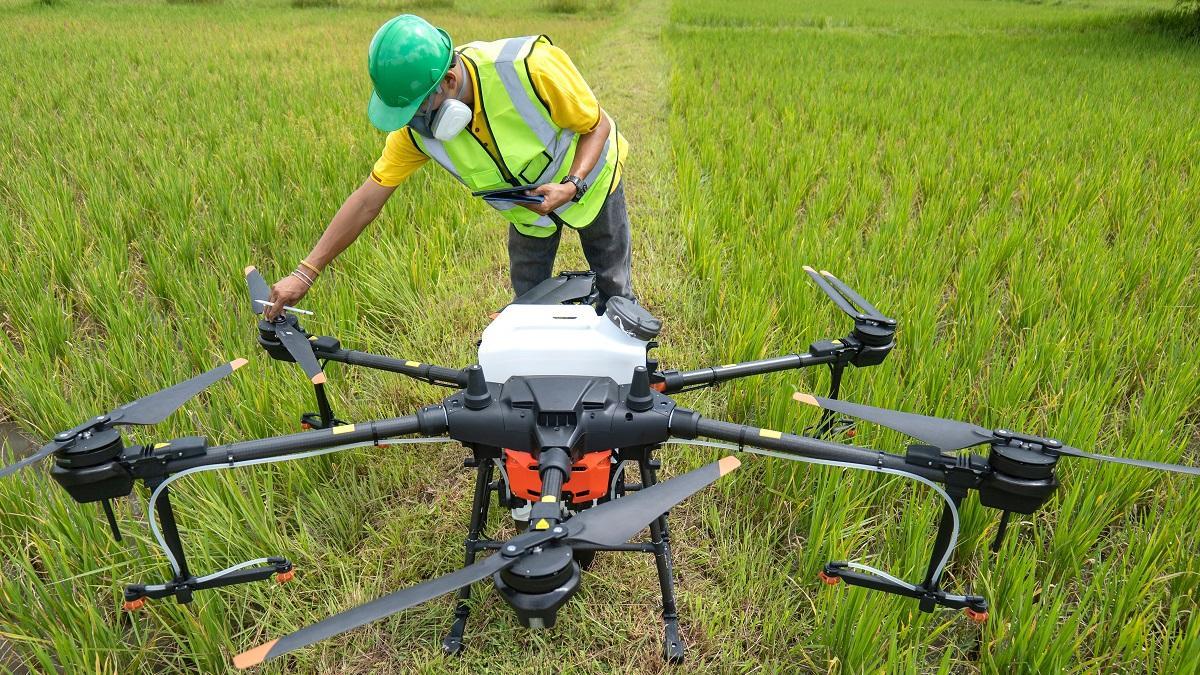Africa-Press – Botswana. For the horticulture sector to flourish and significantly contribute to Botswana’s Gross Domestic Product (GDP), government must consider policy review and introduce targeted subsidies alongside robust mentorship programmes for farmers.
Although agriculture currently contributes less than two percent to GDP, its role in ensuring food security and generating employment is critical.
Smart agriculture is a relatively new paradigm that requires experienced mentors to on-board farmers and increase productivity nationwide.
The Greenhouse Farmers Academy, a subsidiary of Greenhouse Technologies, has initiated various interventions aimed at enhancing food security and combating starvation in the country.
Ms Amanda Masire, director and founder of Greenhouse Technologies, has explained that the academy’s mission is to provide modern and profitable farming methods, offering comprehensive solutions to horticulture farmers in Botswana.
With over a decade in the industry, Ms Masire said the academy has established itself as a one-stop-shop for agricultural needs, offering tailored capacity development interventions that strike a balance between theoretical knowledge and practical application, with a 60 to 40 percent split.
Greenhouse Technologies manager, Mr Katlego Morokotso highlighted the company’s customized advisory services, which caters to the unique needs of each farmer based on their capabilities and location.
Recognising varying challenges of pests, climate conditions, and transportation faced by farmers, he said tailor-made solutions included seeds and seedlings, fertilizers, irrigation systems, and packaging materials.
Mr Morokotso noted that many of their clients were startup farmers, and their prearranged follow-up services at farm level were crucial in addressing production challenges and ultimately enhancing output.
Greenhouse Academy manager, Ms Tsamma Moeng, explained that the institution offered Botswana Qualification Authority (BQA) accredited courses in areas such as vegetable production, seedling propagation, aquaculture, hydroponics, and agribusiness.
These courses were designed to fill knowledge gaps in the agricultural value chain and to equip farmers with practical skills for successful commercialisation, added Ms Moeng. She emphasised that the academy was committed to hands-on learning, offering five-day courses and one-day master classes accessible to those with basic literacy skills, ensuring broader participation.
Recognising the importance of empowering Small, Micro, and Macro Enterprises (SMMEs), the academy was focused on providing quality training to address a growing gap in agricultural knowledge within the market, she said.
In a recent parliamentary session, Vice President and Minister of Finance, Mr Ndaba Gaolathe, expressed support for enhancing the vegetable industry through fund subsidies and experiential mentorship for farmers.
He criticised the vegetable ban for its negative economic impact, particularly on low-income consumers facing rising prices, and described the ban as a flawed policy undermining Botswana’s economic transformation agenda.
The Greenhouse Farmers Academy’s initiatives reflect a progressive approach to developing the vegetable industry in Botswana, with a focus on sustainable practices, quality training, and support for startups, all of which were essential for bolstering the sector and improving food security across the nation.
For More News And Analysis About Botswana Follow Africa-Press






